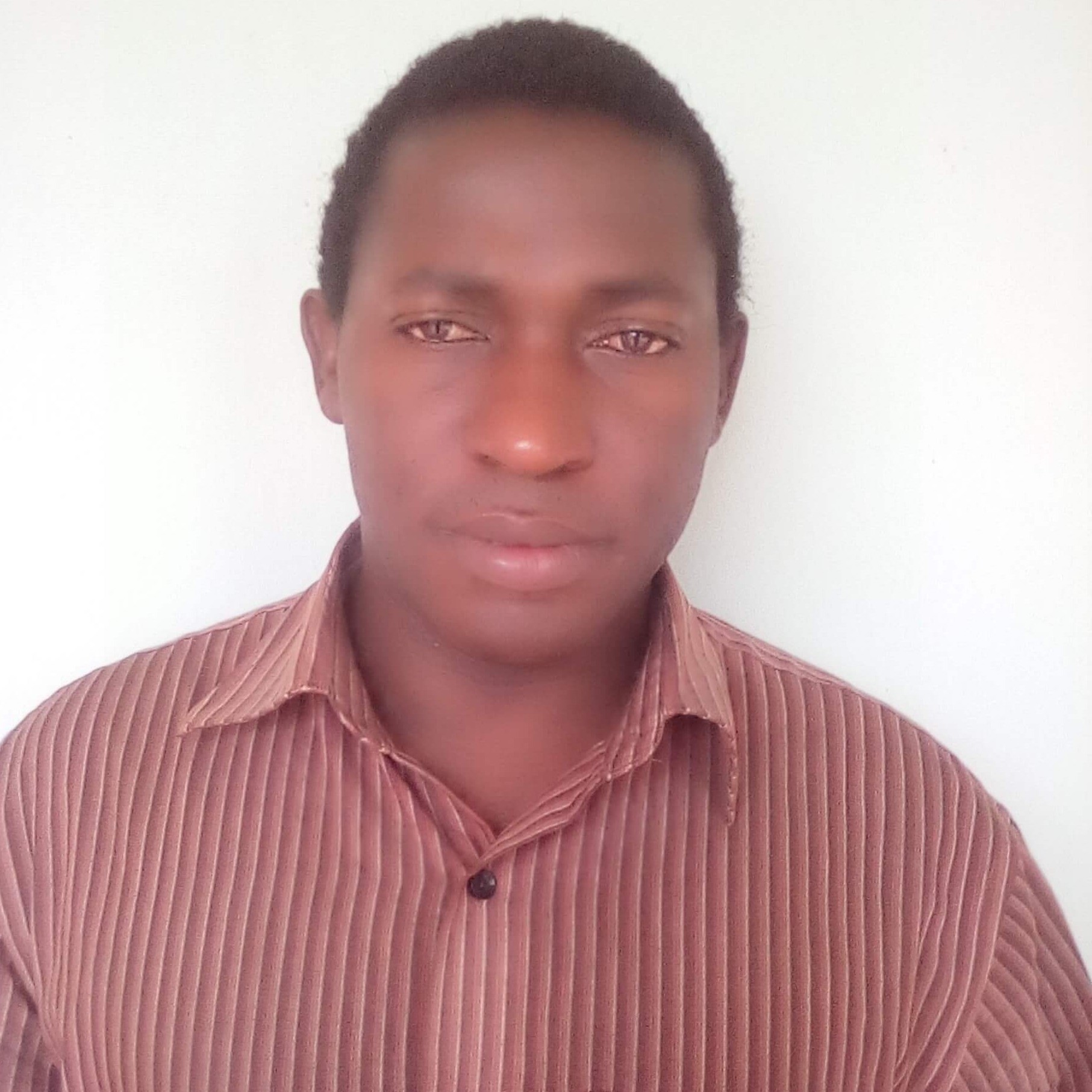What is your educational background?
I am a public health professional with a degree in BSc. Public Health and Health Promotion from Uganda Martyrs University. I hold a diploma in comprehensive nursing and division one Registered Nurse training from Castlemaine Health (Victoria, Australia). I also have certificates in: Clinical research coordination and monitoring from Canada; Implementation Research from University of Ghana; Gender based Analysis for Vector borne diseases and climate change from University of Witwatersrand South Africa; Health leadership and management from the University of Washington, USA; Research and Grant Proposal Writing in the Sciences – INASP, Oxford, UK; Health systems strengthening from University of Melbourne; a multidisciplinary course in HIV/AIDS and anti-retroviral therapy management from the Infectious Diseases Institute, Makerere University; and digital health certificates.
What is your current occupation?
I am researching on integrated and synergistic strategies in Sub-Saharan health systems to address the double burden related to Communicable and Non-communicable diseases. I’m currently developing advanced skills in digital health, informatics and implementation science.
What or who got you into STEM?
In the early 2000’s at my high school, the career guides always emphasized STEM subjects as providing a good future for Africa hence the motivation to study physics, biology, chemistry and mathematics which led me into higher STEM courses at tertiary institutions.
What is the biggest challenge/barrier you have faced as an African in STEM?
Finding money to fund research and lack of mentors, collaborations and trainers in advanced desirable skills needed to address health problems. Preference for a degree in medicine in most health-related opportunities.
How do you think your background/upbringing has been beneficial in your journey/career?
Being trained to be polite by my collectivist family life has given me an opportunity to patiently look for connections. Being proactive has provided me the opportunity to meet some global leaders in research and clinical care thus getting some inspiration.
.
How do you think we can start to change the narrative surrounding African contributions
to global STEM research & careers?
Encouraging innovation and institutional leadership skills to early career peoples. Engaging our political leaders to appreciate the role of STEM in socioeconomic transformation instead of condemning African leadership. Getting one stop centers to come up with problems affecting Africa for everyone to recognize and possibly be able to contribute.
What advice would you like to give to young, aspiring Africans in STEM?
Let them get be engaged in finding problems in their environments and develop innovation to address them. Inculcate their thinking into a culture of system thinking, patriotism and elimination of inequities in our societies.
Do you have any projects you’re working on that you would like us to highlight?
Yes. Characterizing, determining effective integrated and synergistic strategies to make health systems responsive and risk mitigation to mortality and morbidity, increasing personal space in health care using digital solutions. Improving glucose variability among COVID-19 19 patients; Gender based analysis to improve utilization and coverage of clinical and surgical interventions to hospital attending patients.





